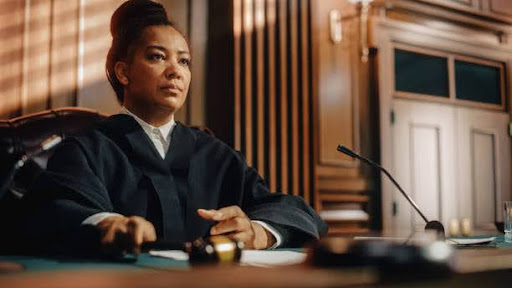
Under the Domestic Violence (Prevention and Protection) Act, 2013 of Sindh, Protection Committees play a crucial role in preventing domestic violence and supporting victims, however in reality, the Sindh Government has failed to implement the provisions ss. 21 & 19 regarding establishing Protection Committees and Protection Officers. KSJ Legal has filed a Public Interest Litigation before the Sindh High Court which is pending adjudication. Notices have been sent and a response has been received from the Government stating that it has no funds to give effect to the Act 2013. Nevertheless, KSJ Legal is committed in its mission to secure favorable outcome in this case to ensure that 26 million women of Sindh Province are protected from this menace of domestic violence.
To understand what Protection Committees are, here’s an overview of their roles, responsibilities, and criteria for formation:
Criteria for Formation
- Composition:
– Government Officials: Representatives from relevant government departments such as the Women Development Department, Social Welfare Department, and law enforcement agencies.
– NGO Representatives: Members from non-governmental organizations that work on issues related to domestic violence, women’s rights, and social justice.
– Healthcare Professionals: Doctors, psychologists, or counselors who can provide medical and psychological support to victims.
– Legal Experts: Lawyers or legal advisors who can assist with legal proceedings and ensure that victims are aware of their legal rights.
– Community Leaders: Influential members of the community who can advocate for victims and raise awareness about domestic violence.
- Appointment: Members are appointed based on their expertise, commitment to preventing domestic violence, and ability to provide necessary support to victims.
- Training: Committee members are required to undergo training to understand the legal framework, their roles, and effective methods of assisting victims.
Roles and Responsibilities
- Informing the Aggrieved Person:
– Provide information about the victim’s rights under the Act or any other relevant law.
– Offer details about available remedies and support services.
- Medical Assistance:
– Assist the aggrieved person in obtaining necessary medical treatment resulting from domestic violence.
- Relocation Assistance:
– Help relocate the aggrieved person to a safer place, such as a relative’s home, a friend’s house, or a shelter home provided by a service provider, if required and with the victim’s consent.
- Legal Assistance:
– Aid the aggrieved person in preparing and filing petitions or reports under the Act, the Code of Criminal Procedure, or any other applicable law.
- Record Keeping:
– Maintain official records of domestic violence incidents within their jurisdiction, including:
– Initial information received about the incident.
– Assistance provided to the victim.
– Reasons for inaction when an incident is reported.
– Instances where the aggrieved person refused assistance.
– Names and contact details of service providers involved.
– Documentation of applications, protection orders, and local service providers.
- Performing Assigned Duties:
– Execute any additional duties assigned under the Act or related rules.
- Legal Authority:
– Members are considered public servants as per section 21 of the Pakistan Penal Code, enabling them to file applications for protection orders if requested by the victim.
- Coordination with Authorities:
– Collaborate with other persons or authorities to provide necessary support to victims, who are legally required to comply.
- Delegation of Functions:
– Delegate functions and powers to committee members as needed to ensure effective operation.
These roles and responsibilities are essential for a coordinated and effective response to domestic violence, ensuring victims receive the protection and support they need while enforcing legal measures against abusers.
© 2024, All Rights Reserved KSJ Legal

